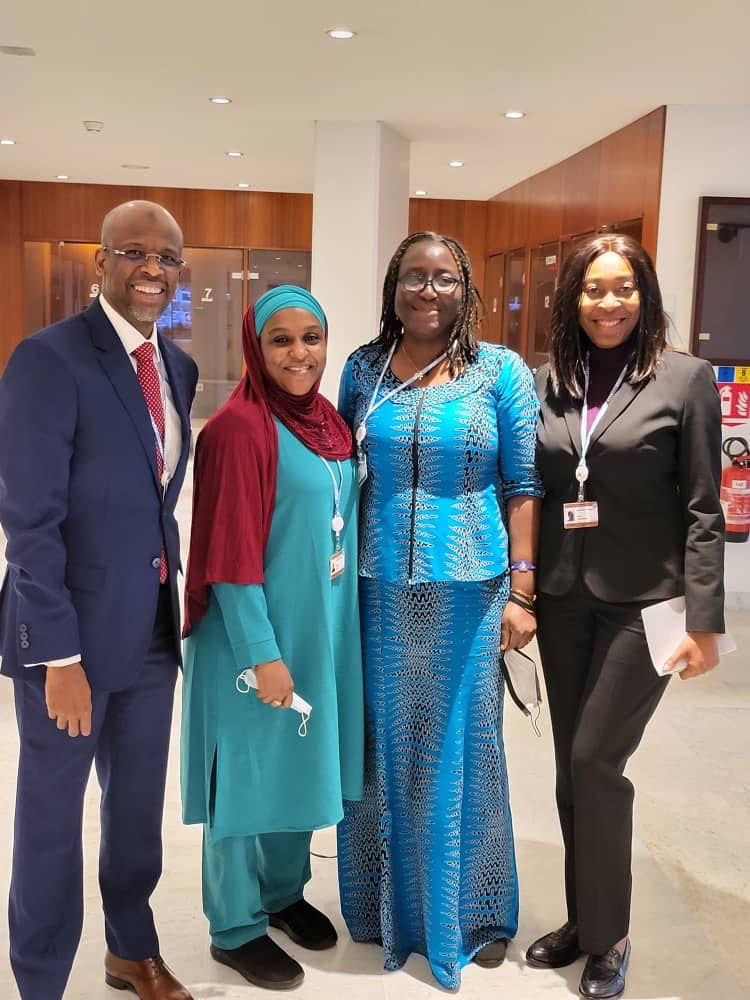The Executive Vice Chairman of the Nigerian Communications Commission (NCC), Prof. Umar Danbatta has posited that the vast experience gained as a long-standing member of the International Telecommunication Union (ITU) has served as a booster to Nigeria’s digital transformation pursuit.
While speaking to ICT global leader at the ongoing ITU Council taking place in-person at the ITU Headquarters in Geneva, Switzerland, Danbatta noted that being a member of ITU has helped the Commission in its effective implementation of government policies, and in stimulating regulatory initiatives focused on advancing Nigeria’s digital transformation.
“It is as a result of the enabling experiences in the ITU ecosystem that Nigeria continues to be active and forward-looking regarding the activities of the ITU as the leading organ of the United Nations (UN) in the area of ICT,” he said.
He emphasized that, as a long-standing member of the Council, Nigeria has utilised ICT as a driver of socio-economic development not just for herself, but also for the benefit of the sub-region and the continent, given its role as a founding member and flagship promoter of the West African Telecommunications Regulators Assembly (WATRA).
“Over the years, as a member of ITU, Nigeria has chaired World Radiocommunication Conference (WRC)-15; chaired ITU Council Standing Committee on Administration and Management (SC-ADM), in 2019 and 2022; as well as chaired the Ad-Hoc Committee on ITU Regional Presence”, the EVC said to underscore the strategic, symbiotic relationship between Nigeria and ITU.
The EVC said this robust experience in ITU has continued to enable Nigeria, through NCC, and was particularly instrumental to the recent management of a globally-acclaimed transparent auction of Fifth Generation 5G license in 2021; achieve 40.88 percent broadband penetration in Nigeria as at December 2021; implement robust financial inclusion initiatives; as well as in the promotion of universal access across institutions and communities in Nigeria through the NCC’s Universal Service Provision Fund (USPF). “All these were made possible through the successful launch and implementation of policies to foster use of ICTs across all sectors and enhance a digital economy,” he said.



